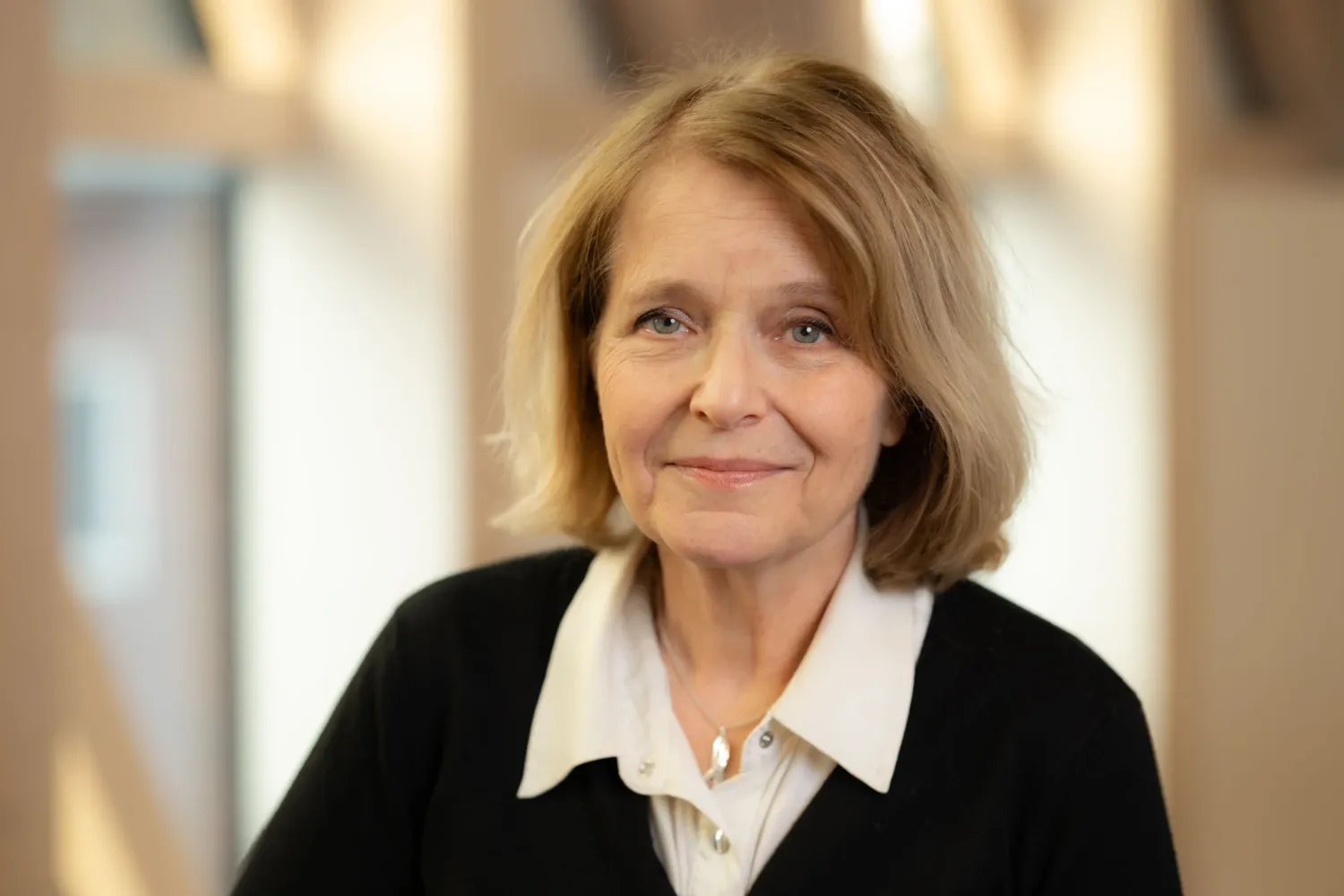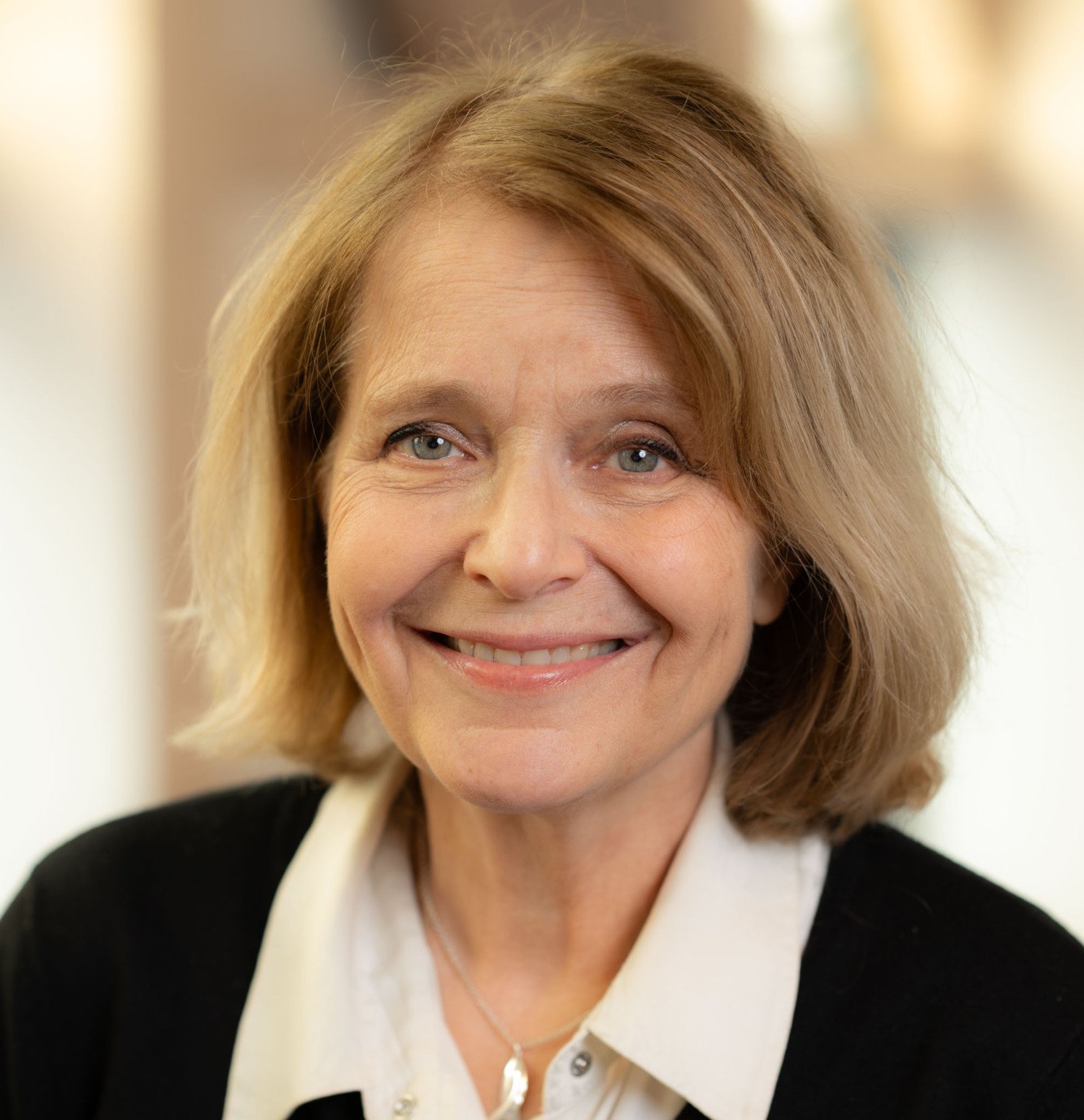Clara Hellner is KI's eyes and ears in the life science field

New initiatives and new collaborations are constantly arising in the life science field, both within and outside KI’s walls, making it hard to form a comprehensive picture of everything that’s happening. As presidential advisor, Clara Hellner will be providing insight into what’s going on and the challenges facing it.
Life science in the Stockholm region continues to grow. Sweden has invested heavily in being a strong innovation nation with a foundation in solid clinical research, and in many respects, Stockholm has been doing well, summarises Clara Hellner, adjunct professor at the Department of Clinical Neuroscience, KI.
“There are lots of startups these days,” she says. “Hagastaden and Flemingsberg are both thrumming with activity.”
But the thrum is also caused by a degree of impatience.
“Life scientists have been good at couching their strategies in grand words and visions, and at such rarified altitudes they roam free. But lower down, they can stall, such as when researchers need access to health data and find themselves facing long waiting times and a forest of red tape.”
Until last year, Clara Hellner was director of research and innovation at Region Stockholm and was therefore already familiar with the problems that can arise when corporate, academic and health-sector actors all pull in the same direction.
Requests for greater access to health data, new AI directives, privacy protection and GDPR, rules of collaboration with private companies, and new EU initiatives are just some of the hurdles she mentions.
Supporting role
Clara Hellner believes that greater clarity would make matters easier, including for KI.

“KI is highly decentralised, but as an actor in the life science field, we need people to see us as an integral whole.”
Companies, especially those unacquainted with the Stockholm environment, need help understanding where the entrance points are – where they can find contacts and resources.
“And researchers wanting to collaborate with companies have to be certain about the rules that apply.”
As the position of presidential advisor is part-time, Dr Hellner’s role will be one of facilitator rather than all-round problem-solver.
“I can bring people together and see if they can make one plus one equal three. When it happens, it can set off a chain reaction and suddenly there’s lots of activity … It’s great! It’s what drives me.”
Head of new centre
Clara Hellner is adjunct professor of child and adolescent psychiatry and was instrumental in the establishment of the Centre for Psychiatry Research at Karolinska Institutet, where she was director for six years during a time of great change and relocation.
“It was a journey I’m glad to have been part of. It reformed the playing field for clinical psychiatry research in Stockholm. Today, the centre is thriving and growing, and that means we created a structure that isn’t dependent on a particular person.”
Major academic calls for proposals
As presidential advisor, apart from the general duties, Clara Hellner has a more temporary and concrete task: to chair a steering committee set up to prepare KI’s academic applications in the wake of the research bill.
“My duties are interlinked, because if KI is to position itself and win the big grants in precision medicine, groundbreaking technology and AI, we must be able to show that we’re fully able to coordinate and make systemic changes.”
